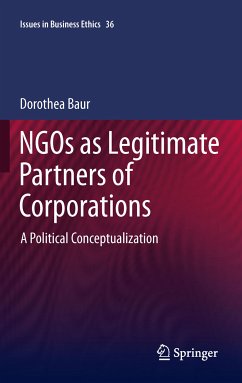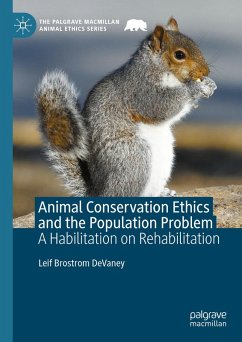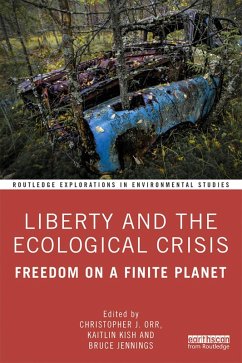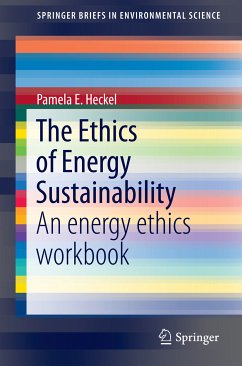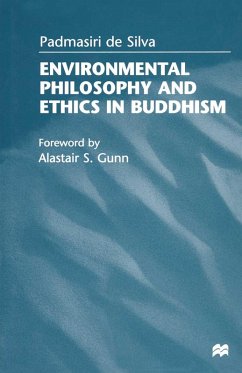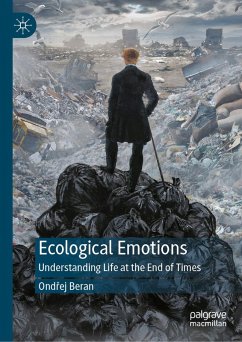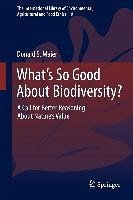
What's So Good About Biodiversity? (eBook, PDF)
A Call for Better Reasoning About Nature's Value
Versandkostenfrei!
Sofort per Download lieferbar
232,95 €
inkl. MwSt.
Weitere Ausgaben:

PAYBACK Punkte
116 °P sammeln!
There has been a deluge of material on biodiversity, starting from a trickle back in the mid-1980's. However, this book is entirely unique in its treatment of the topic. It is unique in its meticulously crafted, scientifically informed, philosophical examination of the norms and values that are at the heart of discussions about biodiversity. And it is unique in its point of view, which is the first to comprehensively challenge prevailing views about biodiversity and its value. According to those dominant views, biodiversity is an extremely good thing - so good that it has become the emblem of ...
There has been a deluge of material on biodiversity, starting from a trickle back in the mid-1980's. However, this book is entirely unique in its treatment of the topic. It is unique in its meticulously crafted, scientifically informed, philosophical examination of the norms and values that are at the heart of discussions about biodiversity. And it is unique in its point of view, which is the first to comprehensively challenge prevailing views about biodiversity and its value. According to those dominant views, biodiversity is an extremely good thing - so good that it has become the emblem of natural value. The book's broader purpose is to use biodiversity as a lens through which to view the nature of natural value. It first examines, on their own terms, the arguments for why biodiversity is supposed to be a good thing. This discussion cuts a very broad and detailed swath through the scientific, economic, and environmental literature. It finds all these arguments to be seriously wanting. Worse, these arguments appear to have consequences that should dismay and perplex most environmentalists. The book then turns to a deeper analysis of these failures and suggests that they result from posing value questions from within a framework that is inappropriate for nature's value. It concludes with a novel suggestion for framing natural value. This new proposal avoids the pitfalls of the ones that prevail in the promotion of biodiversity. And it exposes the goals of conservation biology, restoration biology, and the world's largest conservation organizations as badly ill-conceived.
Dieser Download kann aus rechtlichen Gründen nur mit Rechnungsadresse in A, B, BG, CY, CZ, D, DK, EW, E, FIN, F, GR, HR, H, IRL, I, LT, L, LR, M, NL, PL, P, R, S, SLO, SK ausgeliefert werden.
Alle Preise in Euro und inkl. der gesetzl. MwSt. | Innerhalb Deutschlands liefern wir preisgebundene Bücher versandkostenfrei. Weitere Informationen: bitte hier klicken
Support
Bitte wähle dein Anliegen aus:
Rechnungen
Bestellstatus
Retourenschein
Storno





